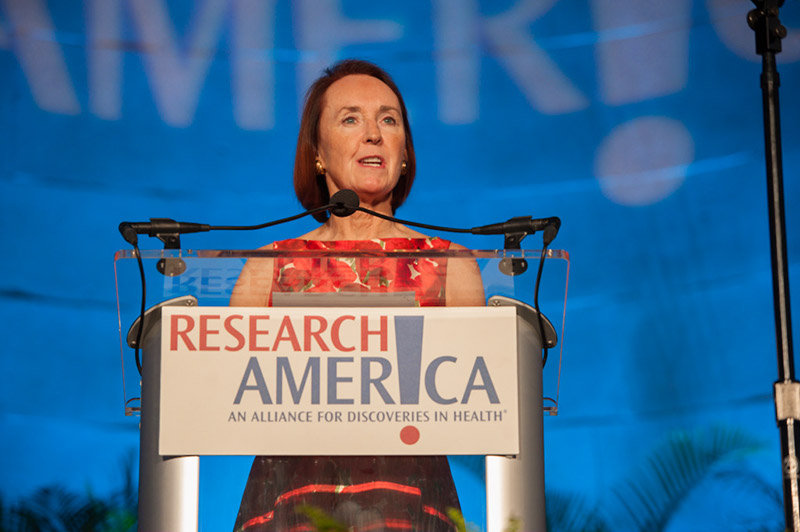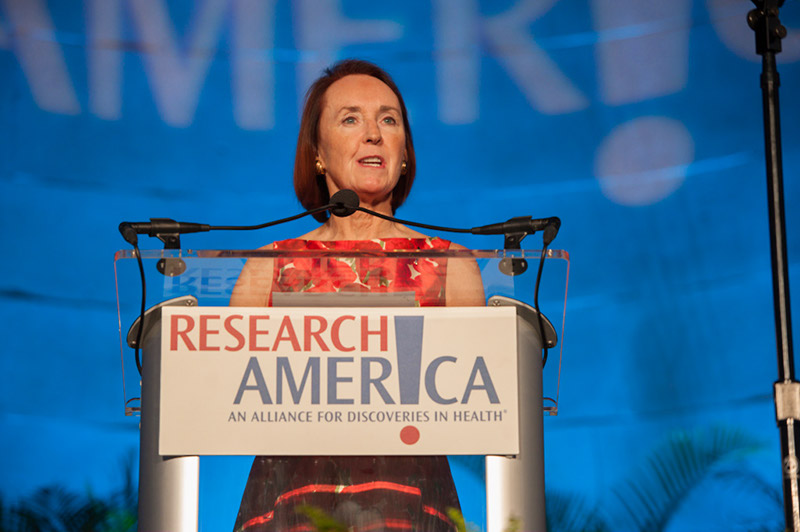A research setback and research accelerators

 Dear Research Advocate,
Dear Research Advocate,
In a recent weekly letter, I mentioned that advocacy in support of fetal tissue research continued to be critical, despite the apparent lull in an Administration effort to evaluate how to curtail/replace this avenue of research. Apparent is the operative word. Yesterday, the Administration announced that an NIH fetal tissue research-related contract with UCSF will not be renewed; intramural researchers at NIH will no longer be able to procure fetal tissue for research; and another layer of review will be imposed on all those seeking federal funding for fetal tissue research. Read our statement, an Axios article, and, most importantly, contact Eric Anthony ([email protected]) at the International Society of Stem Cell Research to join a coalition working to overcome these roadblocks to desperately needed medical progress.
From a research setback to a research accelerator: the Bayh-Dole Act. Why is this nearly 40-year-old technology transfer law a research accelerator? Can it do even more to speed progress? Register now for a Research!America and partners briefing on the impact and future of Bayh-Dole! Space is going fast for the event, which will be held at AAAS from 10:00 a.m. -11:30 a.m. ET on Thursday, June 13. It will also be live-streamed. Between now and then, check out the AUTM Better World Project Database — a terrific and relevant resource that provides local examples of tech transfer at work.
Whether or not the FY20 appropriations process brakes or accelerates, research depends in part on you. Senator Richard Shelby (R-AL) recently told reporters he is optimistic that negotiators could reach a deal within the next week to raise the budget caps. Do not let this moment pass; without a budget deal, deep cuts to science funding are inevitable. Use our advocacy action page to be sure you are counted in favor of raising the caps.
As you know, the House is moving ahead with the appropriations process, even without a caps deal. During consideration of the Agriculture-FDA bill earlier this week, House Appropriators adopted an amendment from Congressman Robert Aderholt (R-AL) that would block FDA from permitting clinical research that involves “germline editing.” This ban, which has been part of Ag appropriations bills since FY16, is not without controversy since it blocks potentially beneficial research, but it also provides time for the authorizing committees in the House and Senate to consider policy options. Optimally, an international framework for modifying these genes will be developed, as the National Academy of Sciences and international partners have called for.
Speaking of international partners in science, the issue of undue foreign influence is much in the research-related news. Yesterday, at a Senate Finance Committee hearing on the issue, Representatives Jim Langevin (D-PA) and Mikie Sherrill (D-NJ) introduced the bipartisan Securing American Science and Technology Act (HR 3038). According to the press release, the focus of the bill is to promote “standardization of federal agency approaches to academic espionage while maintaining collaboration and a welcoming environment for foreign talent at our institutions of higher education.” Click here if your organization is interested in signing on to the SASTA support letter.
Today, as we commemorate the 75th anniversary of D-Day, we salute all our veterans, including the remarkably resilient WWII veterans who are still with us. The Department of Veterans Affairs has been a leader in medical research that benefits veterans and non-veterans alike. Here is a new fact sheet to use in your advocacy for VA research programs.
Please join Research!America and partners on June 26, 2019, for a Capitol Hill briefing as we explore advances in patient-centered research to improve delivery of care for those living in rural areas. Register here.
Sincerely,
Mary Woolley




